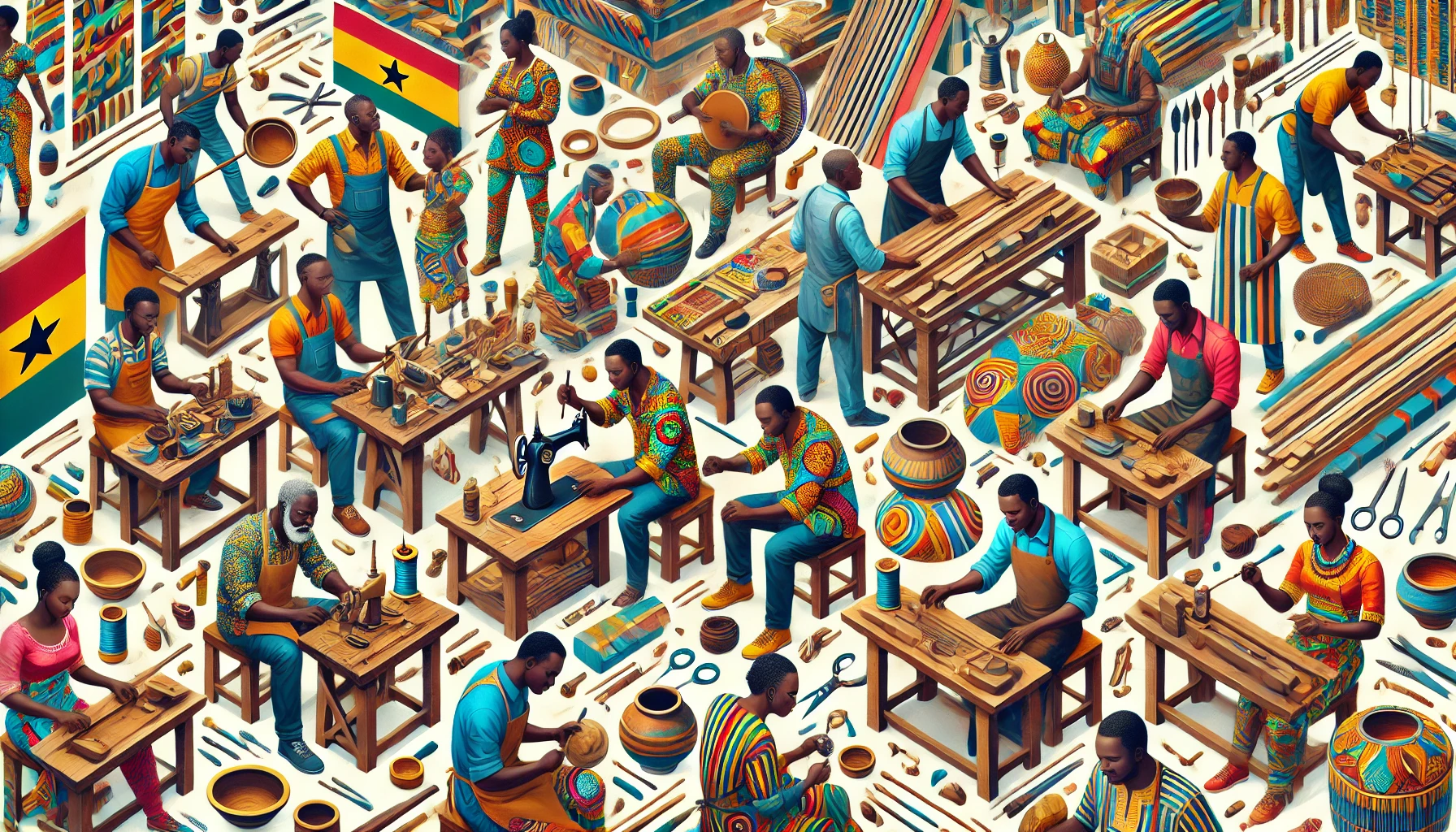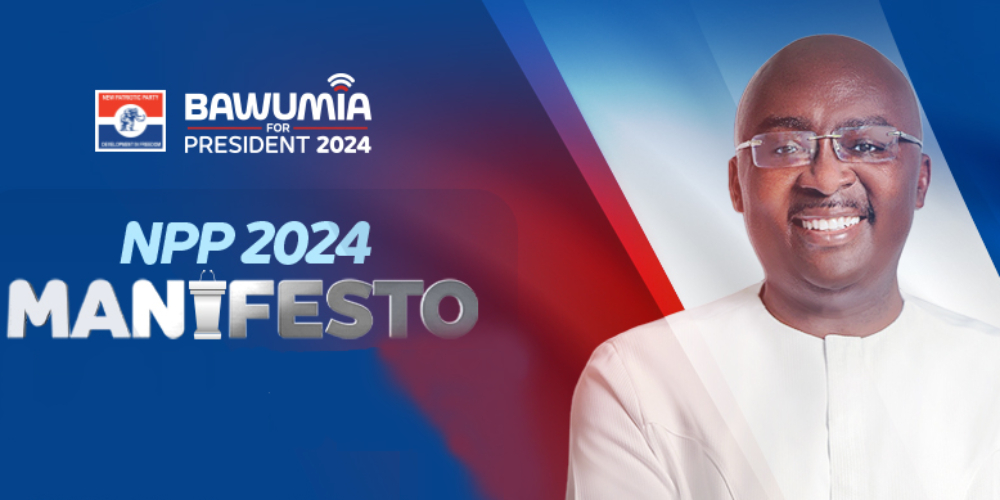Under Dr. Bawumia’s vision, Artisans and Skilled Tradespeople are set to experience significant benefits that will enhance their professional landscape. One of the key advantages is the focus on creating a more vibrant business environment through supportive policies that promote entrepreneurship and small businesses. This will lead to increased demand for skilled labor, allowing artisans to find more job opportunities and potentially higher wages.
Additionally, the emphasis on vocational training and skills development will provide artisans with access to updated training programs that enhance their expertise and adaptability in a rapidly changing market. By fostering partnerships between the government and private sector, there will be more initiatives aimed at equipping artisans with the necessary tools and technologies, further improving their productivity and efficiency.
Moreover, as the economy shifts towards a more digital framework, skilled tradespeople will benefit from access to new platforms for marketing their services and connecting with clients, broadening their customer base. The government’s commitment to infrastructure development will also create a robust environment for artisans, as improved roads, utilities, and facilities will facilitate their work and enhance their business prospects.
Top 5 Frequently Asked Questions
Question 1: How will artisans and skilled workers benefit from the expansion of the Technical and Vocational Education and Training (TVET) and the Ghana Apprenticeship for All Program (GAAP)
Answer: Dr. Bawumia’s administration will expand TVET and GAAP programs to improve artisans’ skills, making them more employable. These programs will focus on practical training in trades like plumbing, carpentry, and welding. By learning new techniques and technologies, artisans will be able to work better, earn more, and be more competitive in the job market.
Question 2: What is being done to promote local artisans in the production of processing equipment for industries like palm oil extraction and gari processing?
Answer: Dr. Bawumia’s administration will help artisans make equipment for industries like palm oil extraction and gari processing. By offering technical support and promoting local innovation, artisans will be able to produce high-quality, locally-made tools and machines. This will reduce the need for imported equipment and boost local manufacturing.
Question 3: How does your policy support women and youth in trades like gemstone cutting and timber processing?
Answer: The policy will train women and youth in skills like cutting, polishing, and engraving diamonds and gemstones. It will also support the timber industry by providing modern tools for processing smaller logs, creating jobs in sustainable timber work. This initiative aims to empower women and youth, encourage entrepreneurship, and help grow the economy.
Question 4: How will Dr. Bawumia’s administration support the small craft industry and promote the use of safer materials?
Answer: The administration will help artisans and fishers switch from wooden boats to stronger materials like steel, aluminum, and fiberglass. They will also promote local production of life jackets to improve safety for boat owners, crews, and passengers. This will raise safety standards and create new job opportunities for artisans in building and maintaining modern, safer watercraft.
Question 5: What is being done to ensure that the timber industry remains sustainable while creating jobs for artisans?
Answer: Dr. Bawumia’s administration will support the timber industry by giving modern equipment to process smaller logs. This will create jobs for artisans, use timber resources more efficiently, and help protect the environment while growing the industry.





